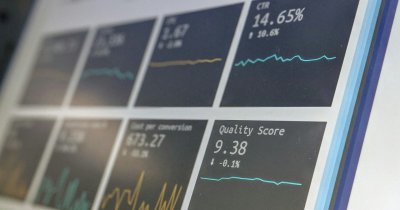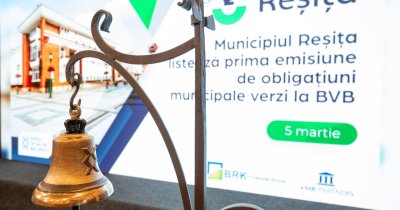Across Europe social innovators are working towards solving today's biggest challenges set forth by the Sustainable Development Goals. As new models of business, formal and informal innovations taking place are a positive force committed to shaping our better future.
However, access to funding, skills and networks remains a critical barrier to entry for aspiring entrepreneurs and social enterprises whose ideas hold the potential to solve local issues. This is true especially for individuals from underserved groups.
Social Tides, funded by Google.org as part of the Google.org Social Innovation Fund, aims to address these challenges, particularly exacerbated by the COVID-19 pandemic.
Through this initiative, Social Tides commits to empowering a diversity of ideas, and the people behind them, to build the capacity and capabilities of Europe's social innovation economy.
Social Tides just recently kicked off the call for applications for the Grow AI accelerator. It's a 6-month equity-free program built for social enterprises and impact organizations using (or planning to use) AI and machine learning for good. It's all about growing social impact, and the organizers believe it could be a valuable opportunity to organizations in your community.
All participating organizations will receive:
- Training and best-in-class mentoring led by Google For Startups Accelerator AI experts and other industry leaders
- Networking opportunities
- Grant funding up to $250,000
With over €2.9 million grant funding distributed to 200+ social enterprises and entrepreneurs, Social Tides is on a mission to support Europe's social innovation ecosystem.
To date, Social Tides has provided grant funding and supported to more than 301 changemakers across Europe, empowering them to cultivate sustainable solutions for local challenges. Among those, in the endeavor to foster a more equitable and inclusive new economy ecosystem, 62% are women and 83% represent individuals from underserved communities.
Through the program, they have been enabled to test and prototype their idea, establish an enterprise, consolidate their business model and brand identity, raise funds and generate first revenues.
 Mihai - Cristian Ioniță
Mihai - Cristian Ioniță












Any thoughts?